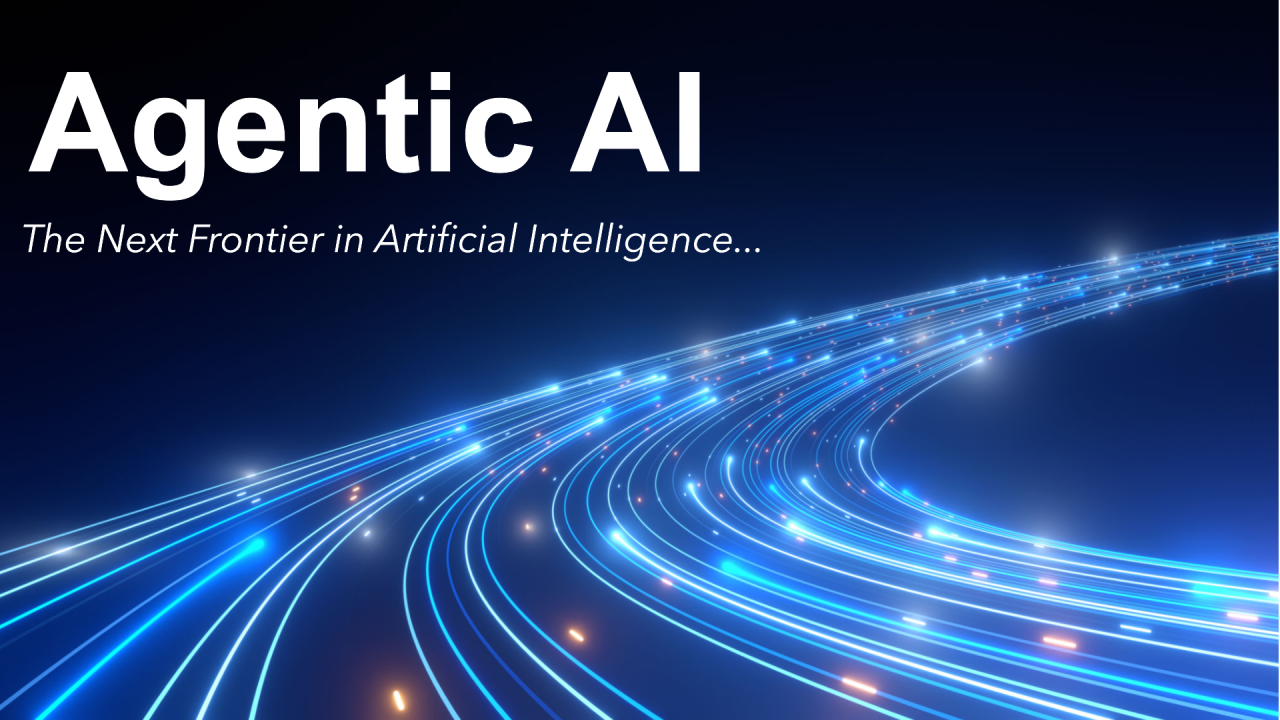
1. Enhanced Decision-Making Capabilities
Traditional AI systems rely on predefined algorithms and training data. They lack adaptability in dynamic environments. Agentic AI changes this by making autonomous decisions based on real-time inputs. It can assess different scenarios, weigh potential outcomes, and execute optimal solutions.
Top artificial intelligence companies are leveraging Agentic AI to build systems that mimic human reasoning. These systems reduce dependence on constant human intervention. With improved decision-making, industries like healthcare, finance, and logistics can operate more efficiently.
Using AI for research in fields such as medicine and cybersecurity becomes more effective with Agentic AI. Researchers can rely on AI-driven decision-making to discover new treatments, predict threats, and enhance security protocols.
2. Continuous Learning and Adaptation
Most AI models require retraining when new data becomes available. This process consumes time and computational resources. Agentic AI eliminates this issue by continuously learning from its environment.
These AI models adapt in real-time without manual intervention. Businesses benefit from AI systems that stay relevant and improve autonomously. This capability is especially useful in customer service, robotics, and fraud detection.
As a result, businesses gain intelligent systems that evolve alongside market trends. Adaptive AI helps companies maintain a competitive edge without frequent reconfiguration.
3. Improved Human-AI Collaboration
Traditional AI operates as a tool, requiring user input to function effectively. Agentic AI acts as an intelligent assistant that works alongside humans. It enhances productivity by anticipating needs, suggesting solutions, and automating repetitive tasks.
Using AI for research in scientific fields benefits significantly from this approach. AI-powered assistants help researchers analyze vast datasets, generate insights, and streamline experimentation. This reduces the time required for groundbreaking discoveries.
Top artificial intelligence companies are designing AI systems that facilitate human-machine collaboration. These systems improve decision-making in industries like law, education, and creative design. By integrating Agentic AI, professionals can focus on strategic thinking while AI handles operational tasks.
4. Scalability and Versatility Across Industries
Agentic AI is not limited to a single sector. Its ability to operate autonomously makes it scalable across multiple industries. From healthcare to manufacturing, its applications are vast.
Future trends of agentic AI suggest significant advancements in automation. In healthcare, AI-driven diagnostics enhance patient care. In finance, AI prevents fraud by detecting anomalies in real-time. In manufacturing, AI optimizes supply chains, reducing waste and increasing efficiency.
Companies leading artificial intelligence are developing versatile AI solutions. Businesses using AI for research benefit from smarter analytics, predictive modeling, and intelligent automation. With scalability, Agentic AI offers immense potential for revolutionizing industries worldwide.
Conclusion
Agentic AI is transforming artificial intelligence research and application. Enhanced decision-making, continuous learning, improved human-AI collaboration, and scalability make it a game-changer. Artificial intelligence leading companies are prioritizing its development to drive innovation.
Using AI for research becomes more effective with Agentic AI’s capabilities. It empowers researchers, businesses, and professionals to achieve breakthroughs. As Agentic AI future trends continue to evolve, industries must embrace this innovation. The future of AI lies in systems that think, learn, and act autonomously. Those who adopt Agentic AI early will gain a significant advantage in the competitive AI landscape.
